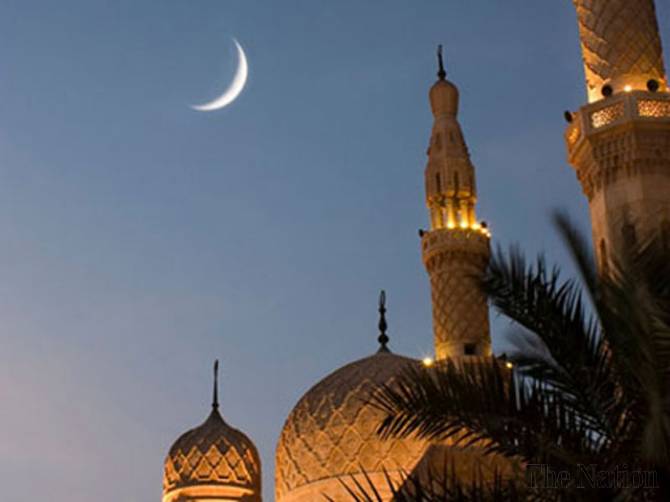As part of less formal ongoing race discrimination training, we thought we’d produce some bulletins on other races and their employment/goods and services requirements for our clients. So, lesson 1 is about the festival of Eid-ul-Fitr.
What is Eid-ul-Fitr? It is the most important festival in the Islamic calendar. It marks the end of Ramadan, a month of fasting that’s also a time of spiritual reflection, improvement and increased devotion and worship. On this day, followers of the Muslim faith offer thanks, assess the strength or weakness of their will and share a portion of what they have with the less fortunate. The intention is to be ready to face the year ahead with renewed strength, greater understanding and universal goodwill.
What does it mean for HR managers? Any Muslim employees are highly likely to have requested time off to spend with their friends and families to have a special meal at home/attend mosque/and give and receive presents. Interestingly, the festival day is not fixed: it depends upon when the new moon rises (this year at teatime on Sunday when scholars in Saudi Arabia spotted the new moon), so in practical terms staff/employers will have factored in Sunday, Monday and Tuesday for time off. Some will also have taken extended time off to recover from festivities afterwards. A few will have taken a block of time off to perform the Hajj, i.e. make the pilgrimage to Mecca which is one of the five tenets of the festival.
Does it have any impact on clients? Clients in retail/hospitality will see increased spending as Eid approaches. Eid is often compared to Christmas in the sense that it is a time for family get-togethers, but also for rampant spending, prompting some Muslims to share the concern of Christians about the commercialisation of their religious festival. Figures published on Monday suggested that UK retailers will get a boost from Middle Eastern customers increasing spending at the end of Ramadan and Eid. Card processing firm Worldpay said it is expecting a surge of spending after sales to Middle East customers in August last year – when Eid occurred – leapt 88% on July 2013, with most of the spending in major department and clothing stores. Digital businesses have also launched various relevant apps.
And finally? This year’s festival has been reported to be a little more muted. Mussurut Zia, general secretary of the Muslim Women’s Network, described the mood among Muslims as “sombre”. She said: “What I have noticed yesterday and certainly in the days leading up to Eid is that the shops that would usually be packed full with woman looking for Eid clothes and jewellery have been quiet. Family and friends have said it doesn’t feel right to spend money on jewellery and clothes.” She said there was “bewilderment” at the lack of action by the international community with respect to the Israeli offensive against Gaza. Also, many of the stalls at Birmingham’s (huge) public festival are donating their proceeds to fellow Muslims in Gaza.







